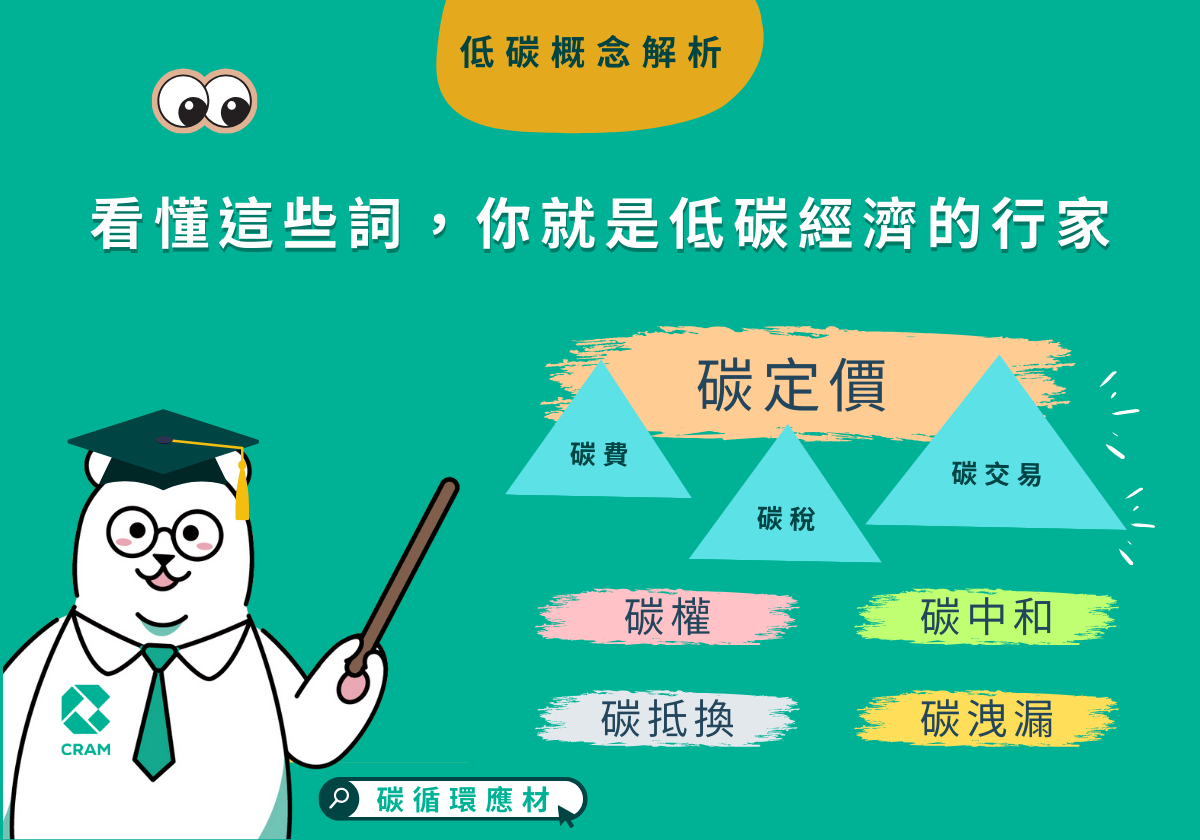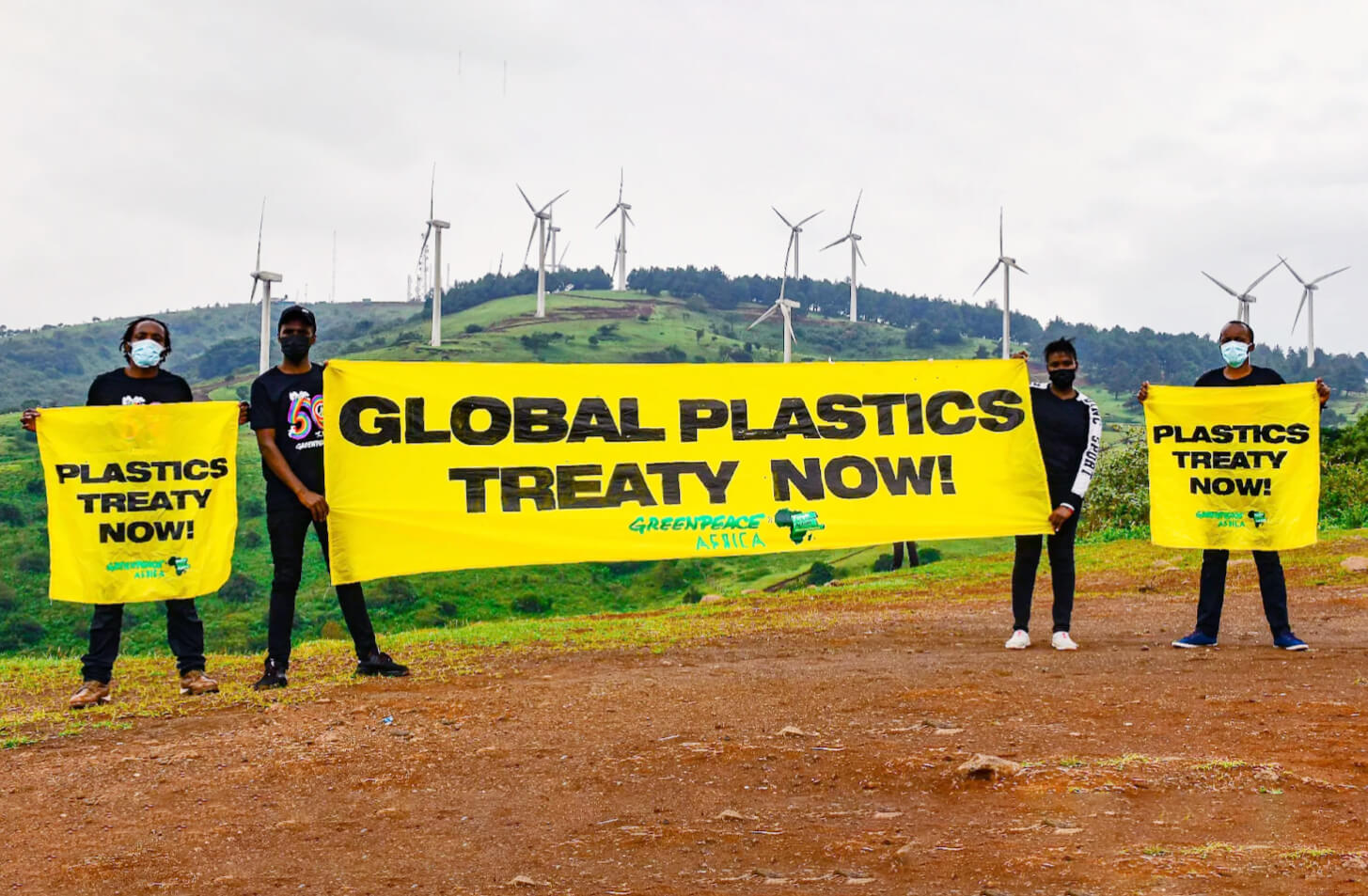
The Global Plastics Pact will complete the content of the convention and begin implementation by the end of 2024. What are the main contents of the Global Plastics Pact, known as the most important international environmental treaty after the Paris Agreement? 3 key points to guide you through the United Nations’ Global Plastics Treaty
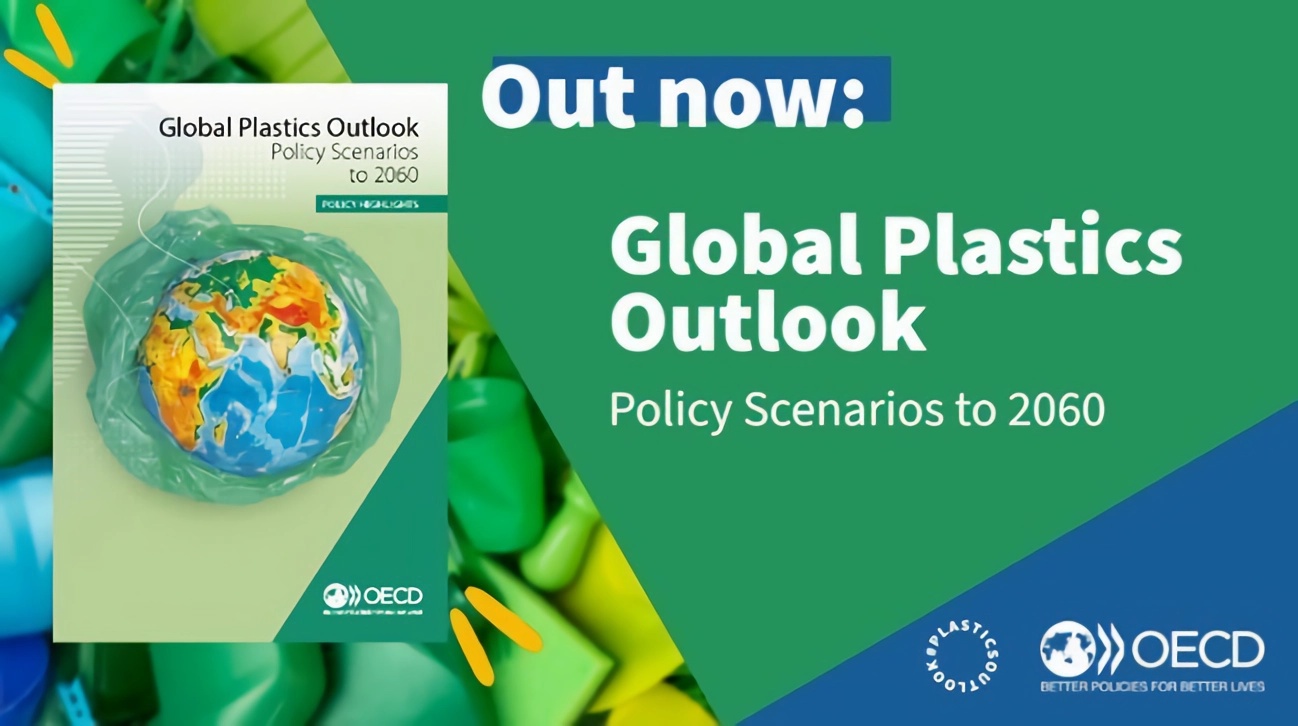
Origin of Convention
In February 2022, the Organization for Economic Cooperation and Development (OECD) released the "Global Plastics Outlook: Policy Scenarios to 2060", which revealed: It is estimated that global plastic waste will explode within 40 years. It has nearly tripled, from 353 million tons in 2019 to 1 billion tons in 2060, and only 10% of discarded plastics are recycled. In March of that year, the United Nations Environment Assembly immediately began to formulate the first legally binding "Global Plastics Pact" and expected to complete five rounds of negotiations within two years.
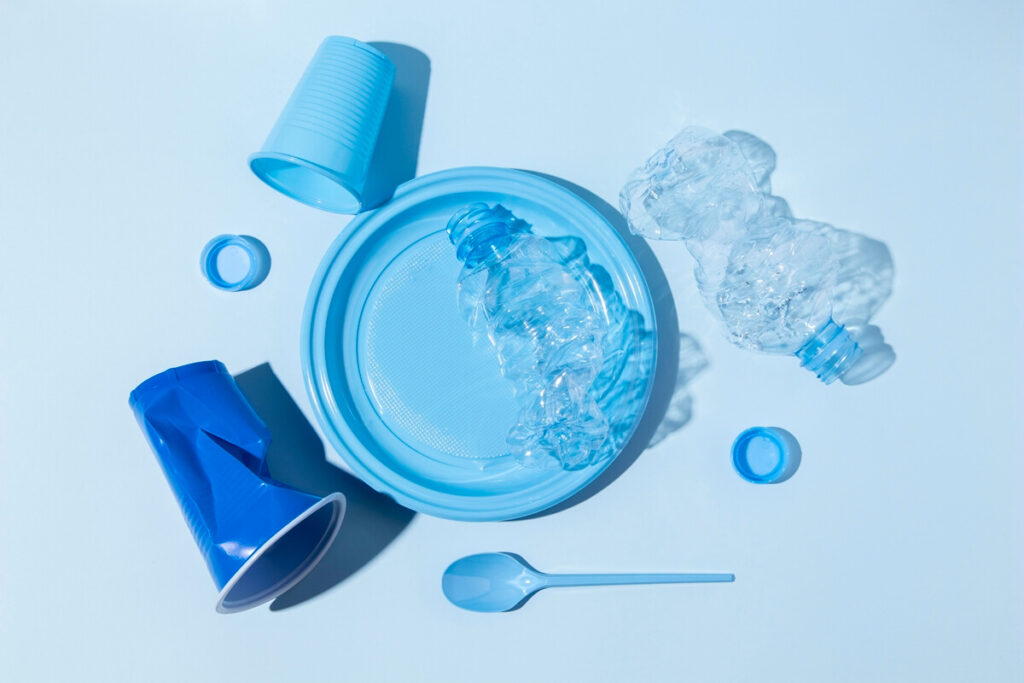
Highlights of the Convention
The Global Plastics Treaty (GPT) has been recognized by 175 countries and has become an internationally legally binding United Nations resolution that will change the plasticDesign, production and recycling methods. This historic agreement will addressPlastic life cycleandOcean pollutionand other themes, are expected to drive new collaborations and innovation across the industry.
The Global Plastics Pact is expected to be officially released by the end of 2024, so it is currently impossible to know the exact content, but we can get clues based on the four demands put forward by Greenpeace:
- End the pollution caused by the complete life cycle of plastic and protect the environment and human health
- Limit and phase out plastic production
- Ensure a fair and inclusive transition to a low-carbon, zero-waste and reuse economy
- Based on human rights, prioritizing human health and ensuring a just transition in formulating and implementing public policies

Business and Organizational Response
Currently, the world produces up to 400 million tons of plastic every year, of which about 66% is disposable plastic packaging or disposable plastic products. It is estimated that up to 12.7 million tons of plastic flows into the ocean every year. If the current situation continues, plastic production will double in 2040. Therefore, international institutions and companies have also responded to plastic reduction and emphasized the importance of "circular economy".
"Our goal is to eliminate plastic pollution by 2040 through a "circular economy" where all plastics are reused, recycled and responsibly managed during and after use, while achieving a plastics economy with lower greenhouse gas emissions. 』— Plastic Europe European Plastics Association
In April 2022, the United Kingdom took the lead in levying a "plastic tax" of 200 pounds per ton of plastic packaging; in January 2023, Spain followed suit and levied a surcharge of 450 euros per ton on non-reusable plastic containers. .
On the corporate side, Apple's "2025 zero plastic packaging" goal is also far ahead of schedule. The company's environmental report published in 2023 shows that only 4% of its product packaging materials are plastic, and it actively uses recycled materials. plastic. Coca-Cola, another consumer leader, also announced that at least 25% of its packaging will be reusable by 2030; Unilever plans to make 100% plastic packaging recyclable or biodegradable by 2025, while halving the amount of virgin plastic used.
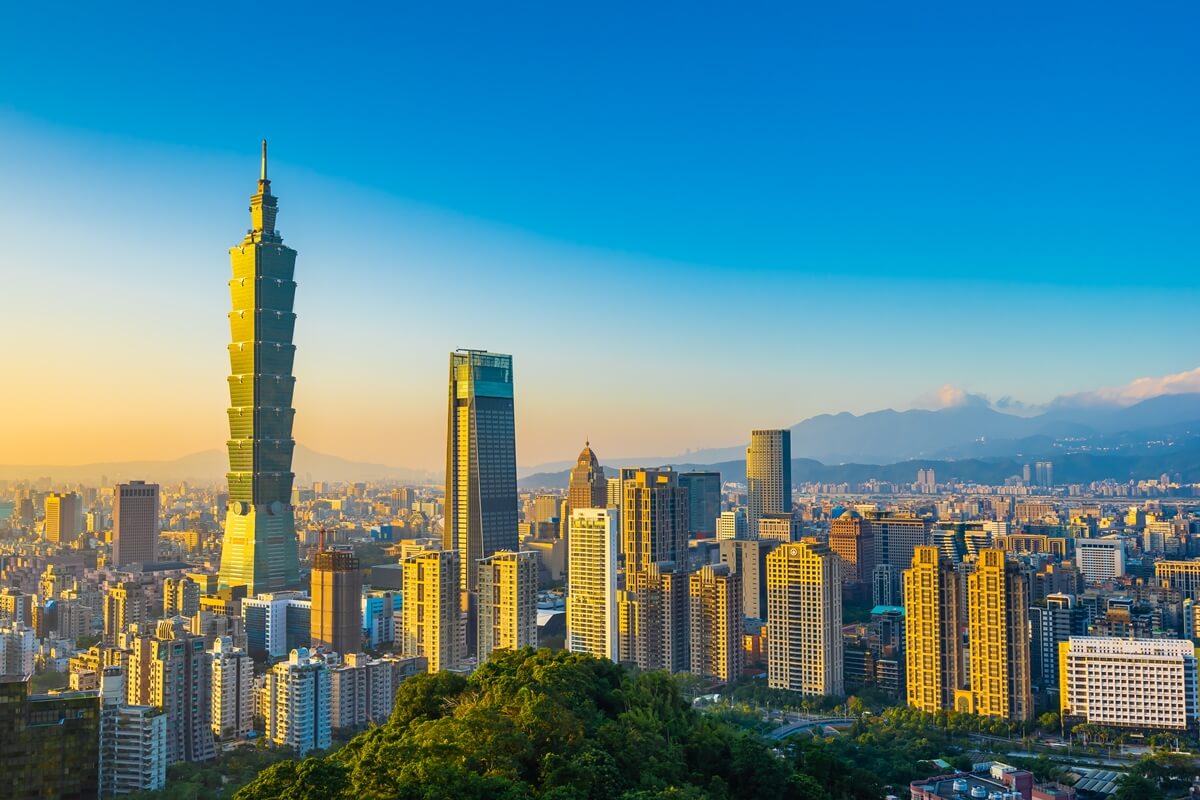
Taiwan’s policies and guidelines
The Department of Resources and Recycling of the Ministry of Environment stated at the "Taiwan Plastics Forum" in 2023 that "resource recycling and zero waste" is one of the 12 strategies for net zero carbon emissions in 2050. The Ministry of Environment has setReduce 138,000 virgin plastics by 2030 plastic reduction goals. According to the Ministry of Environment, Taiwan's annual plastic demand will be approximately 13.04 million tons in 2022, domestic consumption will be 3.4 million tons, and approximately 2.66 million tons of plastic waste will be generated, of which 40% of plastic waste will be recycled and reused.
Taiwan does not have a drop of crude oil, but it is a kingdom of petrochemicals; we have the most powerful plastics. Plastics have created countless jobs, output and economic growth for Taiwan, but we cannot help but face up to the restrictions and bans caused by global plastic pollution. The release of the Global Plastics Pact will be a critical moment. The petrochemical industry and industries that are highly dependent on plastics are bound to face a major impact, as well as the dual cost pressure of carbon prices brought about by the internalization of environmental external costs.
Before plastic was completely replaced,Recycled plastic could be “the hope of the whole village”, because using one kilogram of recycled plastic can reduce two kilograms of petrochemical waste! The use of recycled plastic not only digests a large amount of plastic waste and converts it into resources, but also replaces the kilogram of waste originally used to produce new petrochemical materials.


